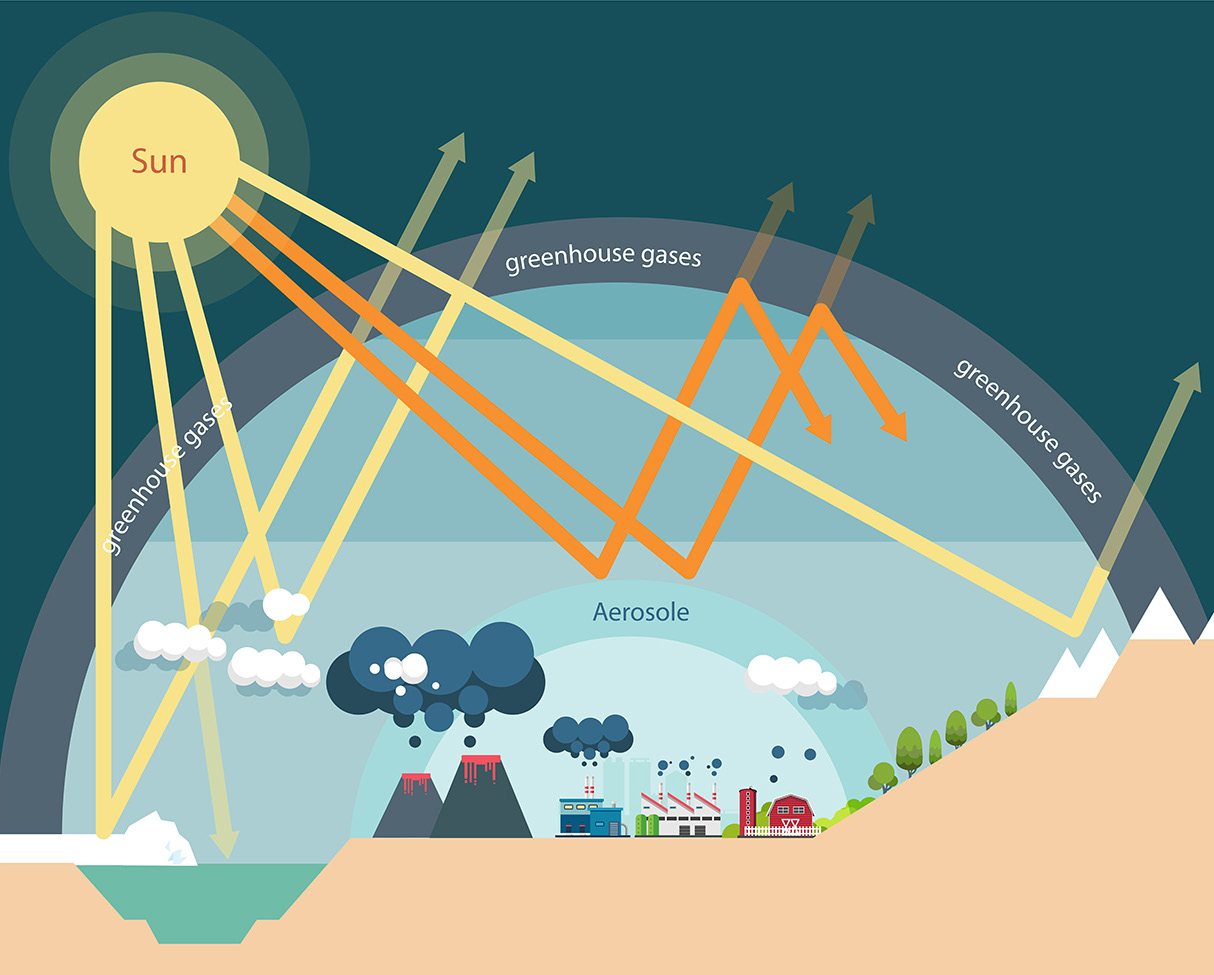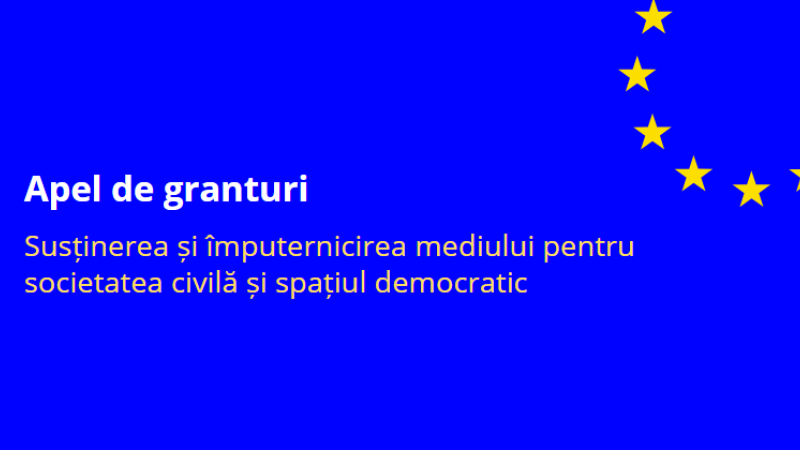
Republica Moldova stabilește obiectivele sectoriale de reducere a emisiilor de gaze cu efect de seră, cu sprijinul Uniunii Europene
Un program național de dezvoltare cu emisii reduse a fost elaborat de experții proiectului EU4Climate, finanțat de Uniunea Europeană și implementat de PNUD, pentru a transpune în politicile de dezvoltare națională angajamentele Moldovei în cadrul Acordului climatic de la Paris. Acestea au fost exprimate în Contribuția Națională Determinată (CND) actualizată, depusă de Republica Moldova în anul 2020 la secretariatul Convenției Națiunilor Unite privind Schimbările Climatice (CONUSC). Potrivit CND, Moldova va reduce necondiționat emisiile de gaze cu efect de seră (GES) cu 70% față de anul 1990 către anul 2030, și cu 88% în cazul în care va avea acces la asistență tehnică și financiară în acest sens.
Programul de dezvoltare cu emisii reduse urmează să schimbe optica politicilor publice din Republica Moldova, prin centrarea acestora pe problemele, interesele și aspirațiile oamenilor. Documentul strategic pune accentul pe măsurile și principiile economiei verzi: eficiență energetică, dezvoltarea surselor regenerabile de energie, utilizarea tehnologiilor performante de producere a cimentului și sticlei, agricultură conservativă, împăduriri și management eficient a deșeurilor.
Programul menționează că intensitatea energetică în Moldova (total energie primară per unitate din PIB) este de 5,7 ori mai mare decât media în Uniunea Europeană, iar intensitatea emisiilor de CO2 este la fel printre cele mai mari între țările Europei Centrale și de Est – 0,91 kg CO2/USD din PIB.
Sectorul energetic este responsabil pentru peste 68% din emisiile de GES, respectiv accentul în reducerea emisiilor s-a pus pe acesta. Până în 2030, emisiile în sectorul energetic ar urma să scadă cu 81% față de anul 1990, în sectorul transporturi – cu 52%, clădiri – cu 74%, cel industrial – cu 27%, agricol – cu 44%, deșeuri – cu 14%, iar captarea carbonului din utilizarea terenurilor, schimbarea categoriei de utilizare a terenurilor și silvicultură ar urma să crească cu până la 10%. Pentru fiecare sector sunt propuse măsuri și acțiuni specifice, în concordanță cu politicile sectoriale elaborate anterior. Costul total al acestor măsuri pentru perioada de 10 ani este de aproape 11 miliarde de dolari.
Aprobarea Programului de dezvoltare cu emisii reduse e una din condițiile care ar deschide accesul către finanțare din partea Fondului Verde pentru Climă. Documentul a fost supus dezbaterilor publice cu părțile interesate și urmează a fi promovat pentru aprobare de Guvern.








